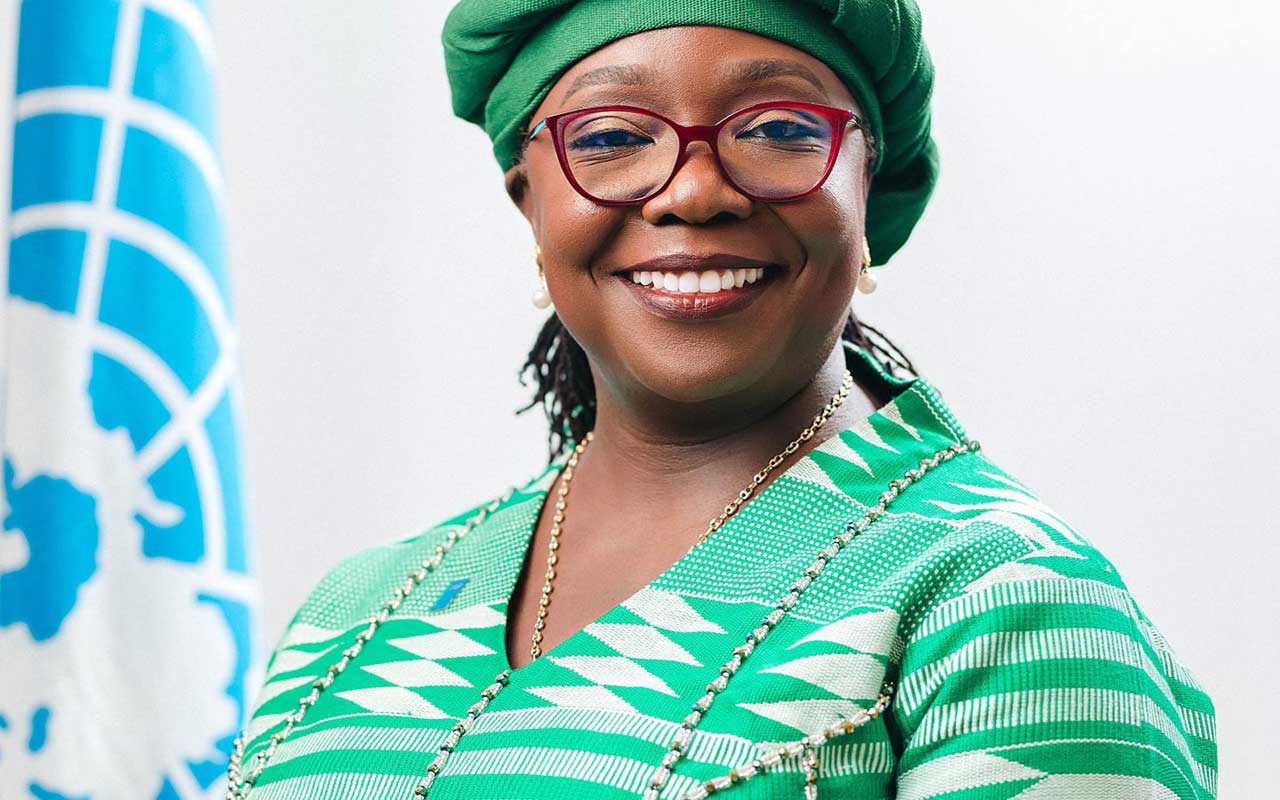
Stakeholders have begun processes towards obtaining credible, accurate data on greenhouse gas emissions (GHG) that will assist the Federal Government meet the December deadline for the submission of Biennial Transparency Report (BTR) to the United Nations Framework Convention on Climate Change.
They made this known at the Stakeholders Consultation Workshop on Data Analysis in preparation for Nigeria’s First Biennial Transparency Report (BTR1), organised by the National Council on Climate Change with the support of the United Nations Development Programme (UNDP).
Speaking at the workshop, the Director-General, National Council on Climate Change (NCCC), Dr Nkiruka Maduekwe, called on stakeholders to provide data not only for BTR to pass our climate obligations, but in the implementation of the National Determined Contributions (NDC) and climate actions.
According to her, there is a need for credible and quality data, saying, “We need to know the exact greenhouse gas emissions level in the country. We are developing a carbon budget and Nigeria is on course to meet the December deadline for submission.”
She urged participants to work closely with the council to achieve its mandate of the UNFCCC and explained the programme is meant to identify the challenge and address it to reduce GHG emissions.
Also speaking, renowned climate change expert, Prof Emmanuel Oladipo, called for a national system for generating information on climate change, mitigation and adaptation yearly.
In a presentation, Rasack Nayamuth of Climagric Limited stated that gas flaring and oil production have become major issues in the Niger Delta region and urged the government to take into consideration their effects and give priority to the sector.
Nayamuth said that though these have been happening, the government and key players in the oil industry should analyse data, and know the impact and implications on a subnational level.
The president’s aide on Climate Finance and stakeholder engagement, Ibrahim Shelleng, who expressed Nigeria’s commitment to transparent climate actions, said climate finance has been difficult to access due to unavailable data.
Shelleng said the Federal Government through the support of the NCCC and other stakeholders will produce validated and transparent data, which will drive commitment towards climate actions.
Imoh Obioh of the Institute for Physics and Ecology Limited told The Guardian that the country has just estimated the greenhouse gas emission into the atmosphere, saying as a pioneer in the African region, we can have an inventory of GHG.
Obioh observed, “Though data is vital in our reporting, we are talking of data that is validated and transparent to present to the international community, like UNFCCC. This will give the idea of the amount of substance we have and how we can reduce it.
He, therefore, maintained that the negative impacts of these gases are more than the positive side, saying, what we want is that it should be reduced to a level according to the framework of the Convention on Climate Change by removing dangerous anthropogenic interference.
“These are human activities with the climate system. The best thing is to reduce the atmospheric emissions to zero. This is possible theoretically, we need to burn energy, like fossil fuel, but technically it is impossible to remove all these, as our lives depend on them,” he added.






